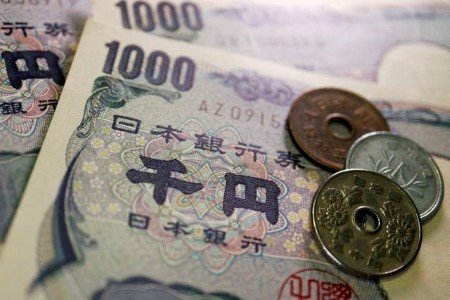After being halted from trading for two days due to the BOJ’s robust defence of its yield curve limit, ten-year rates dropped to 0.225%, which was their lowest level since the 31st of August.By a unanimous vote, the Bank of Japan (BOJ) decided to leave its goal for short-term interest rates at -0.1% & the yield on 10-year government bonds at 0%. This decision was in line with widespread expectations.
Following the BOJ’s statement, the value of the yen declined, which reaffirmed the BOJ’s position as the only dovish major central bank among those that are tightening monetary policy to confront rising inflation. A decision was also made by the central bank to wind down a pandemic-relief loan programme and extend a liquidity operation with the goal of meeting a wider variety of financial requirements for corporations.
“The differences between the Federal Reserve and the Bank of Japan have grown more apparent. According to Naomi Muguruma, the chief bond strategist at Mitsubishi UFJ Morgan Stanley Securities in Tokyo, “The Fed would prioritise beating inflation even at the risk of slowing the economy. In contrast, the BOJ will patiently maintain ultra-easy policy until inflation stably approaches 2%.”
Muguruma went on to say that “it is noteworthy that the BOJ chose to prolong part of its pandemic-relief financing programme to March of next year.” It seems to indicate that the BOJ will not alter its forward guidance at any point over the timeframe. Additionally, it gives the impression that there will be no changes in monetary policy throughout the remainder of Kuroda’s term. The yields on nine-year notes that would mature in September 2031 plummeted to 0.253%, which is close to the ceiling that the Bank of Japan has set for 10-year bonds. These bonds had been the focus of speculators who were seeking to test the Bank of Japan’s determination to keep down interest rates.
During early trading, when investors were selling the most liquid bonds, that yield had been hovering close to 0.3%. Investors were wagering that there may be even a slight adjustment in the yield curve, so they shorted Japanese government bonds. Ataru Okumura, a strategist at SMBC Nikko Securities, stated that “They have purchased back.” Over the course of the previous two days, Japan has spent more than 2 trillion yen ($13.8 billion) in an effort to keep the yield on 10-year Japanese government bonds at a ceiling of 0.25%. The Federal Reserve increased interest rates by 75 basis points overnight and hinted that further hikes are on the way.
Fed Chairman Jerome Powell stated that staff at the US central bank are “strongly determined” to bringing inflation down from its highest levels in 4 decades & “will keep at it until the job is done.” The current rate of inflation is at its highest levels in four decades. Even after the BOJ’s pronouncement, the yield on Japan’s five-year government bond did not move, since it had already dropped by 0.5 of a basis point to 0.060%.





